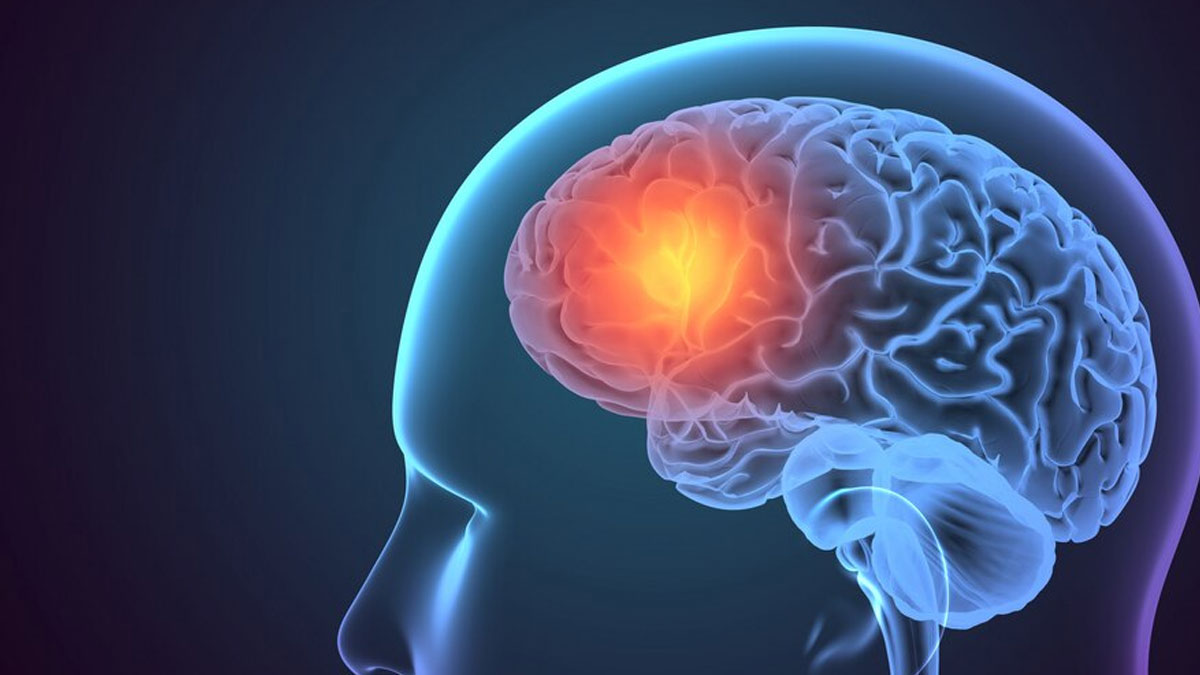
A stroke, or a brain stroke is not an uncommon occurrence. All of us have witnessed or know of at least one person who has suffered this harrowing medical abnormality. A stroke is also often called a brain attack.
Table of Content:-
According to the Centres for Disease Control and Prevention, a brain stroke happens when a blood vessel in the brain bursts or something obstructs the blood supply to a part of the brain. This can send your brain and your whole body into shock, causing lifelong complications and in a lot of cases, death.
Conditions That Mimic A Stroke
A sudden onset of neurological symptoms can be alarming and often raise concerns about a potential stroke. However, not all instances of similar symptoms need to be due to a stroke. Here are some conditions that can mimic a stroke:
Migraines with Aura
Migraines can present with visual disturbances, numbness, and difficulty speaking. These symptoms are often mistaken for a stroke. However, the gradual onset, accompanying headache, and a history of migraines can help differentiate between the two.

Seizures
Some seizures can mimic stroke symptoms, such as sudden weakness or loss of consciousness. Distinguishing features between the two include the duration of symptoms, associated convulsions, and confusion, which are not typical of strokes.
Hypoglycemia (Low Blood Sugar)
Low blood sugar levels can lead to confusion, weakness, and slurred speech, mirroring stroke symptoms. Checking blood glucose levels can quickly rule out hypoglycemia as the cause.
Bell's Palsy
Facial weakness or drooping, a common symptom of stroke, can also occur in Bell's Palsy. The gradual onset and involvement of only one side of the face in the case of stroke are key distinctions.
Complex Migraines
Similar to regular migraines, complex migraines can cause neurological symptoms but may also include temporary paralysis. Understanding the patient's history and the transient nature of symptoms helps differentiate it from a stroke.

Syncope (Fainting)
A sudden loss of consciousness can be mistaken for a stroke. Differentiating features include the absence of symptoms like drooping of the face and rapid recovery without lasting impairment.
Differentiating Between Stroke And Conditions With Similar Symptoms
One beneficial way to differentiate between other medical conditions with similar symptoms and a stroke is by knowing the exact symptoms of stroke and how to diagnose it. With the help of the National Heart, Lung, and Blood Institute, here’s how you can know:
- Time Course: Stroke symptoms typically occur suddenly and persist, while many mimics have a gradual onset or resolve relatively quickly.
- Accompanying Symptoms: Pay attention to associated symptoms. Headache, for instance, is common in migraines but less so in strokes.
- Previous Medical History: A patient's medical history, including a history of migraines, seizures, or other relevant conditions, can provide crucial context for assessing the likelihood of a stroke mimic.
- Diagnostic Tests: Imaging studies like CT scans or MRIs can reveal whether there's evidence of a stroke or other conditions. These tests are crucial for accurate diagnosis and timely intervention.
Also Read: How To Prevent A Brain Stroke?
While recognising stroke symptoms is crucial for prompt medical attention, it's equally important to be aware of conditions that can mimic a stroke. Understanding the subtle differences and seeking medical help for a thorough evaluation can lead to accurate diagnoses and appropriate interventions, ensuring the best possible outcomes for patients experiencing neurological symptoms.
Also watch this video
How we keep this article up to date:
We work with experts and keep a close eye on the latest in health and wellness. Whenever there is a new research or helpful information, we update our articles with accurate and useful advice.
Current Version
